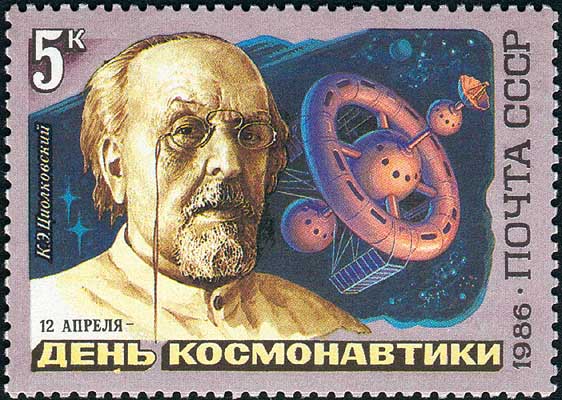Zarathustra
Let Go Of Your Team
- Joined
- Oct 31, 2009
- Messages
- 8,110
This is a fantasy of mine, but a rather outlandish one.
Yes.
This is a fantasy of mine, but a rather outlandish one.
Most of what he said actually is objectively impossible, though. Without an unforeseen dramatic shift in the way the world is set up, anyway.Lol at the INTJs in this thread. Boy, do you guys lack imagination!!!
I couldn't agree more with Kyuuei and Ygolo. It's not impossible, it's just difficult.
Dream big, my son.
Don't listen to these mental midgets.
Lol at the INTJs in this thread. Boy, do you guys lack imagination!!!
LOL. Instead of ridiculing the poor kid, we could try to see if we can make it more realistic. Don't kill the entrepreneurial drive.
I'm lazy.
The piece of paper doesn't. The process of acquiring it? Hell yes it does. It's not just your research topic that you learn about while you're getting your phd.Do remember Rhinosaur that a Ph.D. or what have you does not actually confer any knowledge on a person.
Knowledge is knowledge no matter where it comes from.
For most, a college setting is the most efficient to it in a job pertaining manor.
It is quite possible. The history of science contains a number of autodidacts, such as Konstantin Tsiolkovsky, the father of Russian space flight.It's possible to think scientifically without being trained, hypothetically, but it's kinda unlikely. You learn so much about experimental design, statistics, etc etc which yes, could be learned on your own if you knew what you were looking for, but it's hard to find a "learn to be a scientist in 8 easy steps!" tutorial online. Acquiring knowledge on scientific topics is incredibly easy. Acquiring accurate, current knowledge on how to do science effectively is not as easy, by a long shot.

The piece of paper doesn't. The process of acquiring it? Hell yes it does. It's not just your research topic that you learn about while you're getting your phd.
It's possible to think scientifically without being trained, hypothetically, but it's kinda unlikely. You learn so much about experimental design, statistics, etc etc which yes, could be learned on your own if you knew what you were looking for, but it's hard to find a "learn to be a scientist in 8 easy steps!" tutorial online. Acquiring knowledge on scientific topics is incredibly easy. Acquiring accurate, current knowledge on how to do science effectively is not as easy, by a long shot.
Do remember Rhinosaur that a Ph.D. or what have you does not actually confer any knowledge on a person.
Knowledge is knowledge no matter where it comes from.
For most, a college setting is the most efficient to it in a job pertaining manor.
